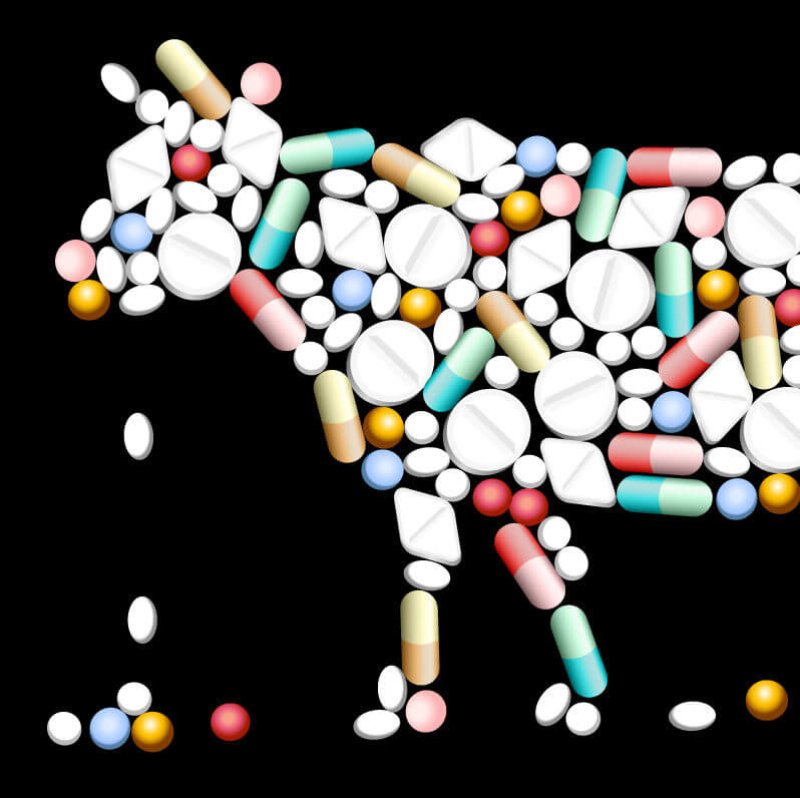Eighteen months ago, a gene that confers resistance to colistin — known as an ‘antibiotic of last resort’ — emerged in bacteria from pigs in China. Since then, the resistance gene, called mcr-1, has been found around the world at an alarming rate….
In some places, nearly 100% of farm animals carry mcr-1, and an increasing number of people do as well. The gene’s spread is one of the clearest examples of how antibiotic use on farms can lead to resistance in human infections, says Lance Price, an antibiotic researcher at George Washington University in Washington DC.
Colistin has been around since the 1950s, but was rarely used in people because it causes kidney problems. Instead, many countries use it to promote growth in livestock — a practice that seems to have selected for colistin-resistant bacteria. That’s a problem, because physicians have increasingly turned to colistin over the past decade to treat patients who don’t respond to other antibiotics.
“It’s a crappy drug and I think this is a sign of our desperation that we are so concerned about the loss of a toxic antibiotic,” says Price.
…
The gene seems to be particularly good at jumping into different organisms … which could make it very successful — and difficult to treat. If someone ate undercooked meat or worked with animals harbouring bacteria containing mcr-1, a person’s gut microbes could theoretically acquire the resistance gene.
The GLP aggregated and excerpted this blog/article to reflect the diversity of news, opinion, and analysis. Read full, original post: Resistance to last-ditch antibiotic has spread farther than anticipated































